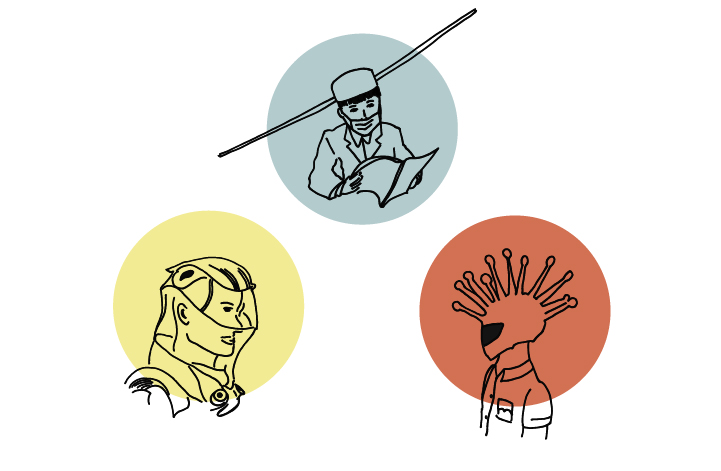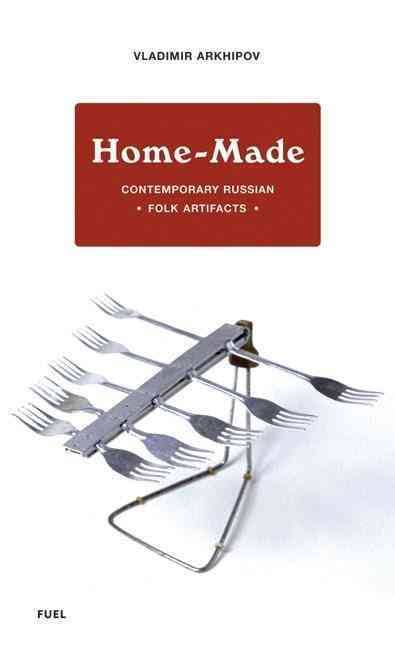
Distancing Food Installations
With introduced physical distancing guidelines, store and restaurant closures, new modes of distribution were tested to enable food consumption via take-aways. Drive-ins were installed at regular restaurant and store windows and DIY installations emerged in various forms. Shopkeepers and servers let groceries and cooked meals arrive to customers at an appropriate distance with the use of food slides. Variants included makeshift “food elevators” made with boxes and ropes to pass groceries to customers from a window or a model train delivering food from the back of the shop to the customer at the door. Symbolic and playful, these interventions also served to boost morale in times of crisis.
Imagining a humorous handling of a restrictive system, such installations proved that distancing regulations do not need to mean distance in human interactions but can be interpreted in ways that uphold positive relations. They introduce a touch of irony into everyday interactions, alleviating anxieties concerning collectively shared crisis realities.
Instead of overly protective security designs – which instill suspicion and fear – food slides enact a design approach that seeks out a form of resilience that is created with optimism. The focus lies on interpreting physical distancing in a way that does not neglect human relations and leads to complete isolation. Inventions such as food slides are often created by the shopkeepers themselves or suggested by neighbours and customers, representing self-directed adaptation to changing situations instead of waiting for industrially produced, government-sanctioned solutions.
Historic examples of designs created with a similar mindset include home-made Russian folk artifacts created during product shortages at the time of collapse of the Soviet Union and documented by artist Vladimir Arkhipov. Often made with found objects to fulfill an immediate need and specific function, they instill curiosity and reveal the ingenuity of the population beyond trained designers.
Keywords:
DIY, Public Space, Physical Distancing, Installation, Play
Further reading:
→ Arkhipov, Vladimir. Home-Made: Contemporary Russian Folk Artifacts. FUEL Publishing, 2006

→ MDR. “Corona-Not macht erfinderisch [Corona pressure makes inventive]” MDR, 25 April 2020
→ SWR. “Modell-Eisenbahn liefert Fleisch in Kirchheimbolanden [Model train delivers food in Kirchheimbolanden]”. SWR, 31 March 2020